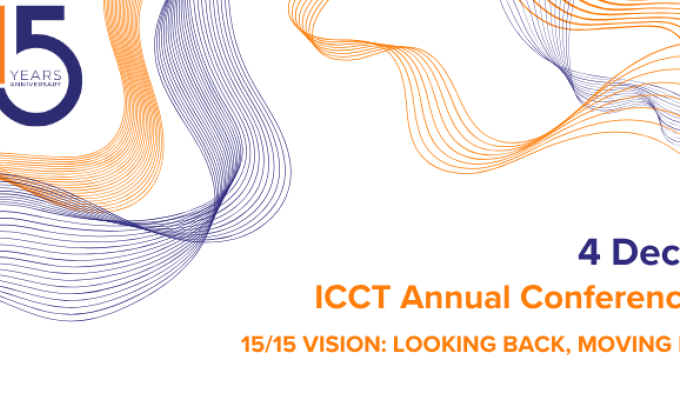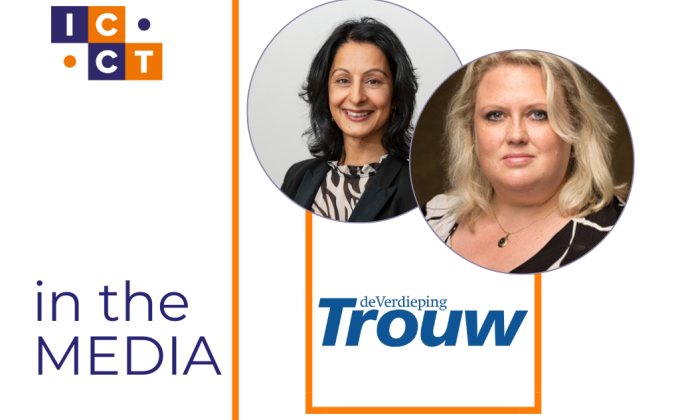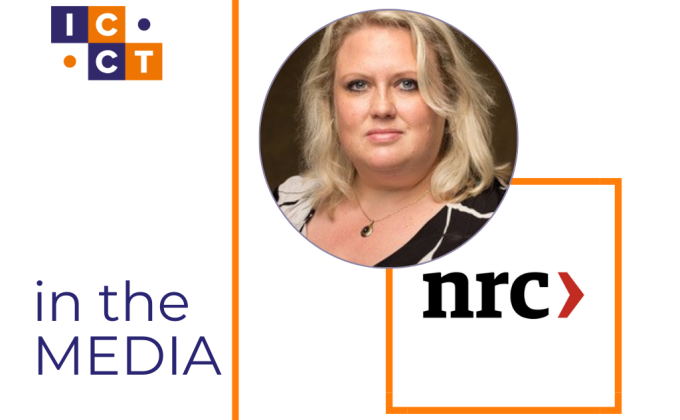The study establishes how Salafism has been able to influence Dutch Muslim communities in the current period. Through exploratory research, fifteen ‘expert’ interviews with members from the Dutch Muslim community were conducted. They indicated several shortcomings due to having to endure interventionistic policies that have thus far failed to curb the rise in Salafist recruitment. The analysis also reveals a range of misconceptions currently held regarding the Salafism phenomenon. We argue that statements made by public political figures and the varying definitions used within governmental publications and policy-decisions have caused a disproportionate focus placed upon ordinary Dutch Muslims. As a consequence, it enforces an Islamophobic perspective that diminishes the ability of Dutch Muslims to cooperate with the security services. The process of securitizing Salafism as a whole has led to the Dutch Muslim community to self-censor and self-isolate while experiencing restricted freedom of religion. The process of securitisation reframes the current understanding of Salafism as a greater societal threat.
* The ISSN number that is in the PDF is incorrect. The correct ISSN number is 2468-0664. We apologise for any inconvenience this may have caused.
Photocredit: vichie81/Shutterstock











